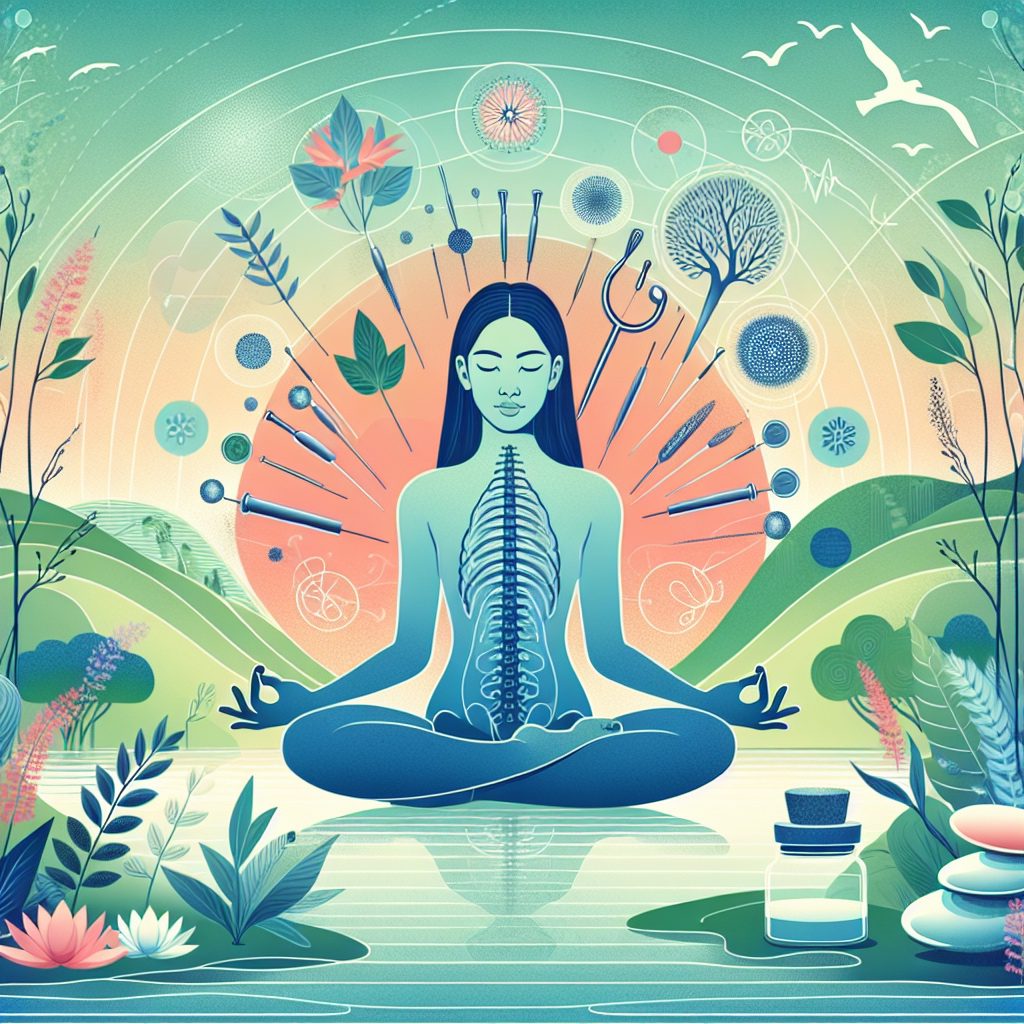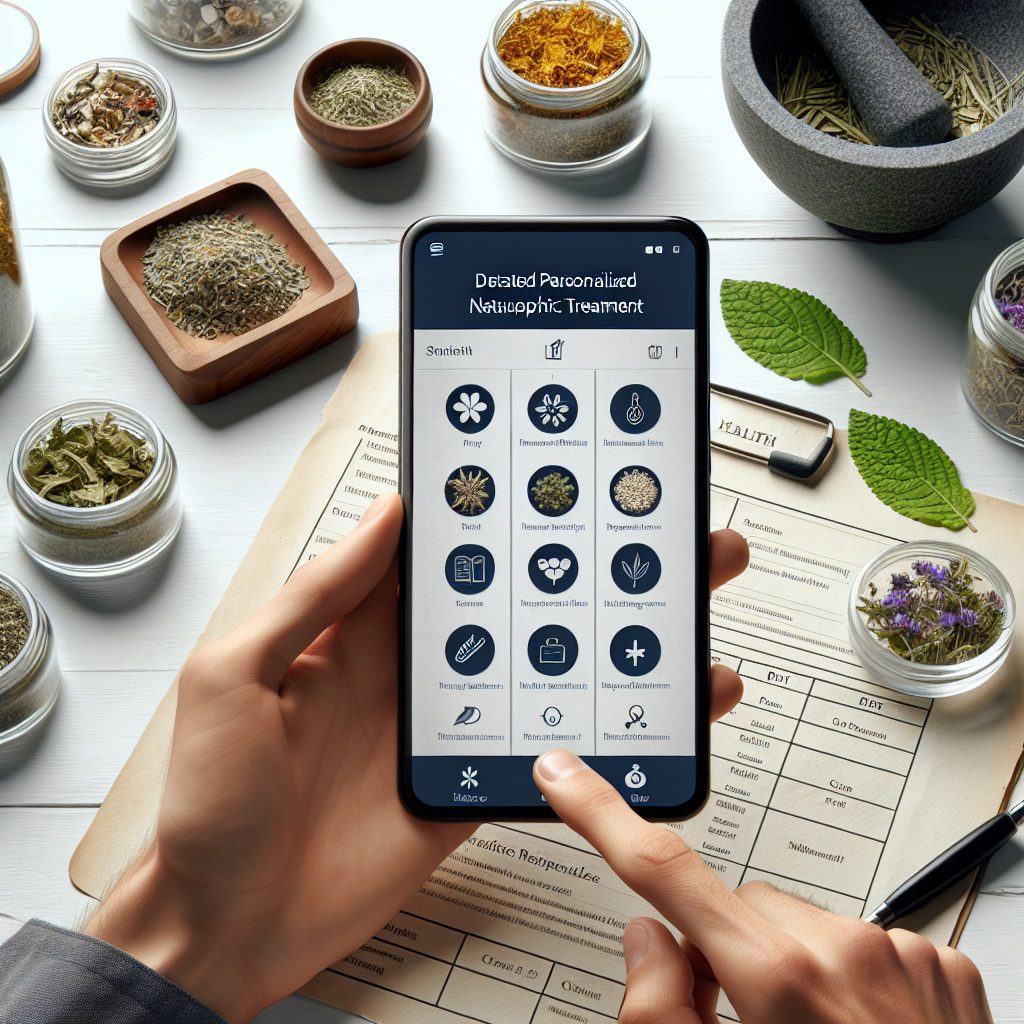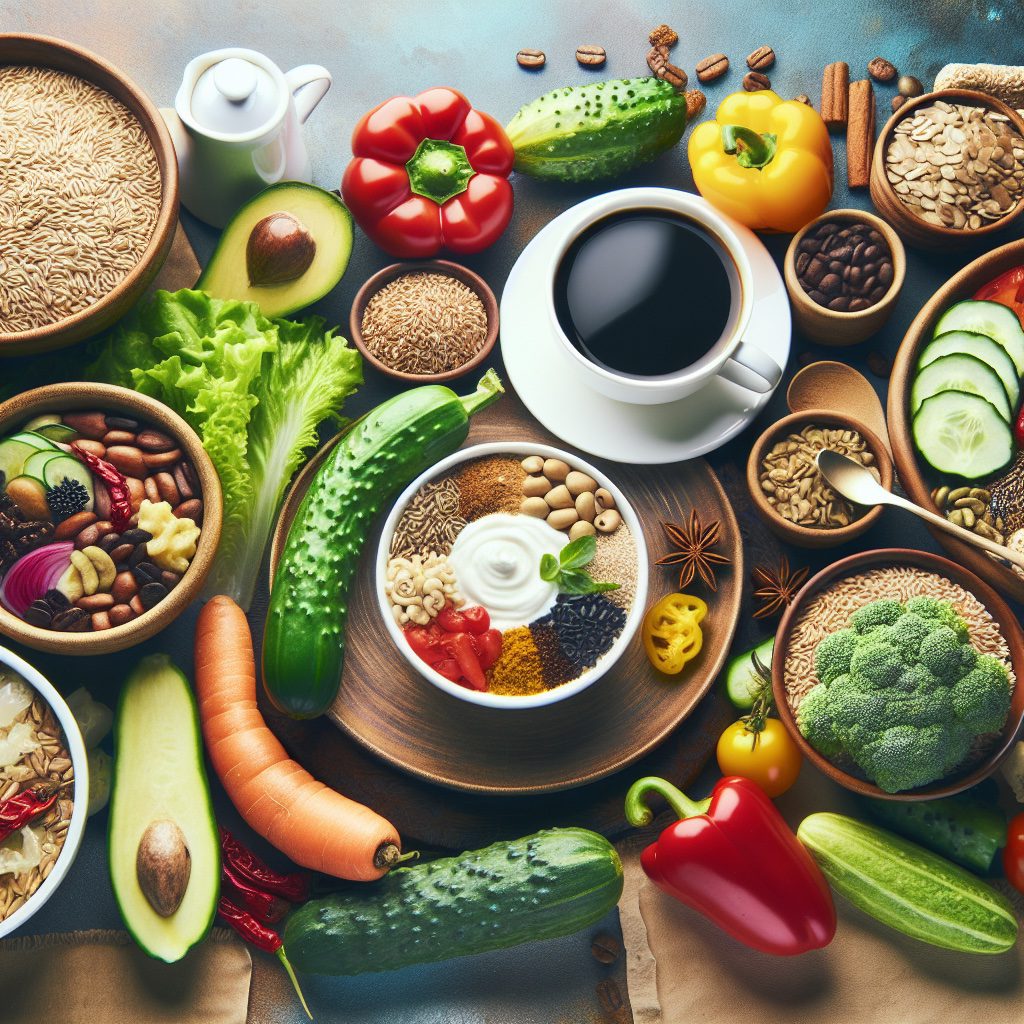In our fast-paced world where notifications constantly ping and to-do lists never end, more people are turning to an ancient practice that offers a respite from the chaos: the tea ceremony. This isn’t just about sipping a warm beverage; it’s about creating a sacred pause in our day—a moment to breathe, connect, and find our center again.
Tea ceremonies have stood the test of time not merely because they provide refreshment, but because they offer something our modern souls desperately crave: mindfulness and presence. These rituals, some dating back thousands of years, are experiencing a remarkable revival as people search for authentic ways to slow down and reconnect with themselves and others.
“By weaving tea into your mindfulness routine, you can create a practice that calms stress, enhances focus, and grounds you in the present moment,” notes tea master Lin Wei. This simple truth explains why these ancient rituals are finding new relevance in our chaotic modern lives.
The beauty of a tea ceremony lies in its ability to transform the ordinary into the extraordinary. A common beverage becomes a pathway to presence. A short break becomes a ritual of renewal. As we explore the rich tapestry of global tea traditions, we’ll discover how these ceremonies offer not just cultural insights but practical tools for everyday balance.
A World in a Teacup: Global Tea Traditions and Their Calming Power
Tea ceremonies across cultures may differ in their rituals and traditions, but they all share a common purpose: creating moments of tranquility and connection in our increasingly hectic lives.
Tea speaks a universal language, yet each culture expresses it with a unique dialect. These global tea practices share a common thread—they create space for connection, contemplation, and calm amidst life’s storms.
The Chinese Gongfu Cha: Precision and Patience
China, the birthplace of tea, offers us Gongfu Cha, a ceremony that celebrates precision and mindful attention. Each movement in this teatradition has purpose—from warming the tiny cups to the careful pouring that releases the tea’s aroma. The Chinese tea ceremony provides space for meditation and introspection while encouraging meaningful conversations between participants.
“In Chinese tea culture, we say: ‘A day without tea is like a day without sunshine,'” explains cultural historian Dr. Zhang. “The ceremony teaches us that everything worth having requires patience and attention—lessons we desperately need in our instant-gratification world.”
The ritualistic preparation honors the tea itself while creating a meditative experience for both host and guests. Each small cup is meant to be savored slowly, allowing participants to notice subtle flavor changes as the tea leaves unfold through multiple infusions—a practice that naturally brings one into the present moment.
Japanese Chanoyu: The Way of Tea
Perhaps no culture has elevated tea drinking to such spiritual heights as Japan. The Japanese tea ceremony, or chanoyu, embodies the Zen principles of harmony (wa), respect (kei), purity (sei), and tranquility (jaku). Every gesture is deliberate, every element considered.
“The practice emphasizes being fully present, finding beauty in simplicity, and moving with purpose and awareness,” says tea ceremony practitioner Tanaka Yuki. “Inside the tea room, each precise movement, from the arrangement of charcoal to the whisking of matcha, becomes a meditation in motion.”
This tradition teaches us that even the most ordinary actions can become extraordinary when performed with complete awareness and intention. The simplicity of the traditional tea room—with its minimalist aesthetic—offers a stark contrast to our cluttered modern spaces and minds.
Indian Chai Culture: Community and Warmth
In India, chai isn’t just a beverage; it’s the glue of social connection. The preparation of masala chai—with its fragrant spices and rhythmic boiling—creates moments of togetherness throughout the day.
“Tea, or chai, as it is referred to in many cultures, is a symbol of hospitality, community, and family tradition,” notes cultural anthropologist Dr. Patel. “The ritual of making chai brings families together multiple times daily, creating natural pauses for connection.”
The warming spices like cardamom, ginger, and cinnamon don’t just flavor the tea—they warm the soul and balance the body according to Ayurvedic principles. This tradition reminds us that taking time for regular breaks with loved ones isn’t a luxury but a necessity for wellbeing.
Middle Eastern Tea Rituals: Hospitality and Presence
In countries throughout the Middle East, tea ceremonies embody generosity and hospitality. Whether it’s Moroccan mint tea poured from height to create a frothy top or Turkish tea served in small tulip-shaped glasses, these rituals create space for conversation and connection.
“The tea-drinking ritual is a cherished part of Persian culture, symbolizing warmth and friendship,” explains cultural consultant Yasmin Ahmadi. “The Connection ritual complements Islamic mindfulness, creating a moment of presence before prayer, enhancing awareness of transitions between activities.”
These traditions remind us that slowing down to share tea with others—whether family, friends, or even strangers—strengthens community bonds and creates necessary pauses in our day.
British Afternoon Tea: Structured Breaks and Social Connection
While younger than its Eastern counterparts, British afternoon tea has evolved into its own meaningful ritual. What began as a way to bridge the gap between meals became a structured social occasion that creates dedicated time for conversation and rest.
“From the elegant tea gardens of the aristocracy to the humble kitchen table, afternoon tea gave people permission to pause midday,” says food historian Elizabeth Windsor. “In today’s work culture where breaks are often sacrificed, this tradition reminds us of the importance of regular restorative pauses.”
The familiar sequence of savory to sweet treats, the warming pot of tea at the center, and the deliberate slowing down all work together to create a ritual that refreshes both body and mind.
HerbalsZen Philosophy: Listening to Nature and Our Bodies Through Tea
The HerbalsZen Approach to Tea
At HerbalsZen, we believe these ancient tea rituals contain wisdom that’s perfectly suited for our modern challenges. Our philosophy centers on listening to your body’s voice through mindful tea practices that connect you to nature’s rhythms and your inner wisdom.
Tea meditation is a cornerstone of this approach. As one tea master noted, “Tea meditation is a simple yet effective way to achieve inner harmony and peace. Tea helps to focus, relax, and better appreciate the present moment.” This practice doesn’t require elaborate equipment or years of training—just a quiet space, quality tea, and your full attention.
Chinese herbal teas are particularly crafted with this philosophy in mind, “using specific herbs to address imbalances, support the organ systems, and enhance overall wellbeing.” Each of our herbal blends is created with this traditional wisdom, offering natural support for modern challenges.
For example, our Sour Jujube Seed, Poria & Lily Tea combines herbs traditionally used to calm an overactive mind and support restful sleep—perfect for those struggling with our always-on digital culture. The Malva Nut, Loquat & Chrysanthemum Tea offers cooling properties that balance the internal heat often generated by stress and hurried lifestyles.
Making self-care a daily habit is essential for sustainable wellbeing, and herbal tea rituals offer an accessible entry point. Rather than viewing health practices as another task on your to-do list, tea rituals integrate seamlessly into your day, creating natural pauses for renewal.
“Whether you are looking for better sleep, enhanced immunity, emotional balance, or spiritual grounding, there’s likely an herbal tea blend that can help,” explains our founder. “Plus, the ritual itself—the boiling water, the steeping time, the mindful sipping—creates space for presence that benefits mind and body.”
This harmonious relationship between humans and nature is central to our approach. By working with herbs that have been used for centuries, we honor traditional wisdom while addressing contemporary needs. Our teas connect you to the natural world’s rhythms and healing properties, even in urban environments far removed from nature.
Creating Your Own Modern Tea Ceremony
“Tea is an act complete in its simplicity.
When I drink tea, there is only me and the tea.
The rest of the world dissolves.”
— Thích Nhất Hạnh
The beauty of tea rituals is their adaptability. You don’t need to follow strict protocols or own special equipment to experience their benefits. Here are ways to create your own modern tea ceremony that honors ancient wisdom while fitting into contemporary life:
Morning Mindfulness Tea Ritual
Begin your day with intention by creating a simple morning tea ritual. Choose a tea that supports your constitution—perhaps Astragalus, Codonopsis & Goji Berry Tea for gentle energy or Dandelion, Honeysuckle & Chrysanthemum Tea for cleansing.
Prepare your tea with full attention—listening to the water boil, watching the leaves unfurl, noting the changing color. Sit in a comfortable position and take five mindful sips before checking your phone or starting your day’s tasks. This small ritual creates a container of calm that can influence your entire day.
Midday Reset Tea Pause
Instead of reaching for another coffee when afternoon energy dips, create a tea ritual that offers true restoration. Step away from your workspace, even if just for five minutes. Prepare a cup of Red Bean & Coix Seed Tea or Bamboo Cane, Imperatae Root & Pear Tea, which offer balancing properties.
Focus on the sensory experience—the warmth of the cup, the aroma rising with the steam, the flavors that unfold on your palate. This sensory awareness naturally brings you into the present moment, resetting your nervous system and refreshing your focus.
Evening Wind-Down Tea Ceremony
Signal to your body that the day is ending with an evening tea ritual. Choose calming blends like Tangerine Peel & Hibiscus Tea or Polygonatum, Goji Berry & Longan Tea, which gently prepare the body for rest.
Create a dedicated space free from digital distractions. As you sip, reflect on moments of beauty or connection from your day. This ritual creates a bridge between daytime activity and evening rest, helping to release the day’s tensions and prepare for restorative sleep.
The Ripple Effect: From Cup to Community
Tea ceremonies are more than personal wellness tools—they create ripples that extend outward, fostering community, balance, and harmony with nature. In a world where division often feels more prevalent than connection, these rituals offer a simple way to come together across differences.
“From the serene tea ceremonies of Japan to the bustling tea houses of Turkey, this humble brew is steeped in history, ritual, and social significance,” notes cultural researcher Maya Johnson. notes cultural researcher Maya Johnson. “Tea becomes a universal language that transcends borders and creates understanding.”
By embracing these rituals, we don’t just enhance our personal wellbeing—we participate in a global tradition that honors slowness, presence, and connection. We create moments where meaningful conversation can flourish and where hurry is replaced by harmony.
As you explore your own relationship with tea, remember that these ancient rituals offer wisdom perfectly suited for our modern challenges. Whether you enjoy a solitary morning cup or host elaborate gatherings, the essence remains the same—creating sacred pauses in a world that rarely slows down.
We invite you to share your own tea ritual experiences with the HerbalsZen community. How has incorporating mindful tea practices affected your sense of balance? What traditions from your cultural background might enrich our collective understanding of tea’s power to create calm?
In the simple act of preparing and sharing tea, we find a timeless remedy for our modern ailments—a moment to breathe, connect, and remember what truly matters. As the Japanese tea master Sen no Rikyū wisely observed centuries ago: “Tea is nothing but this: first you heat the water, then you make the tea. Then you drink it properly. That is all you need to know.”




